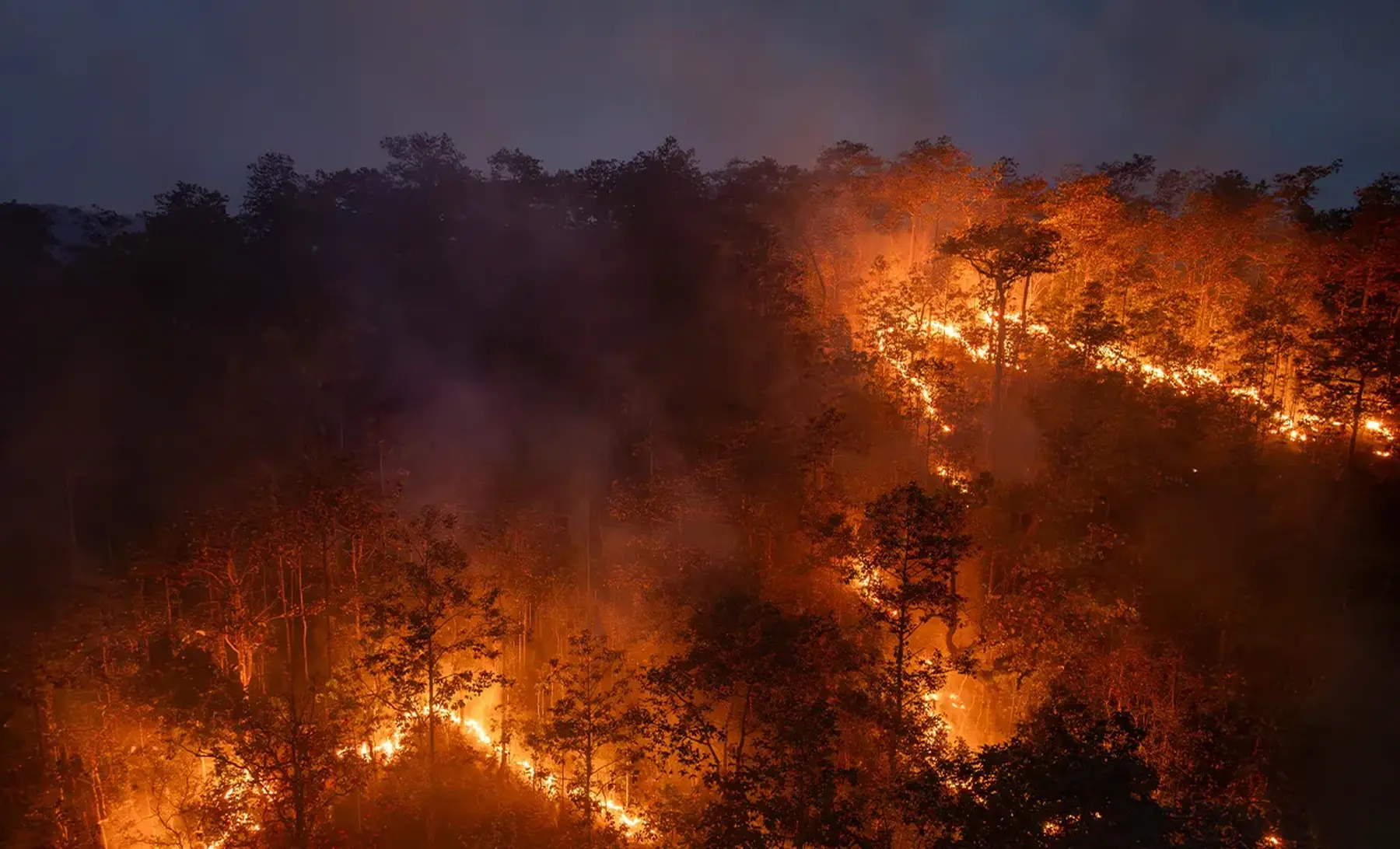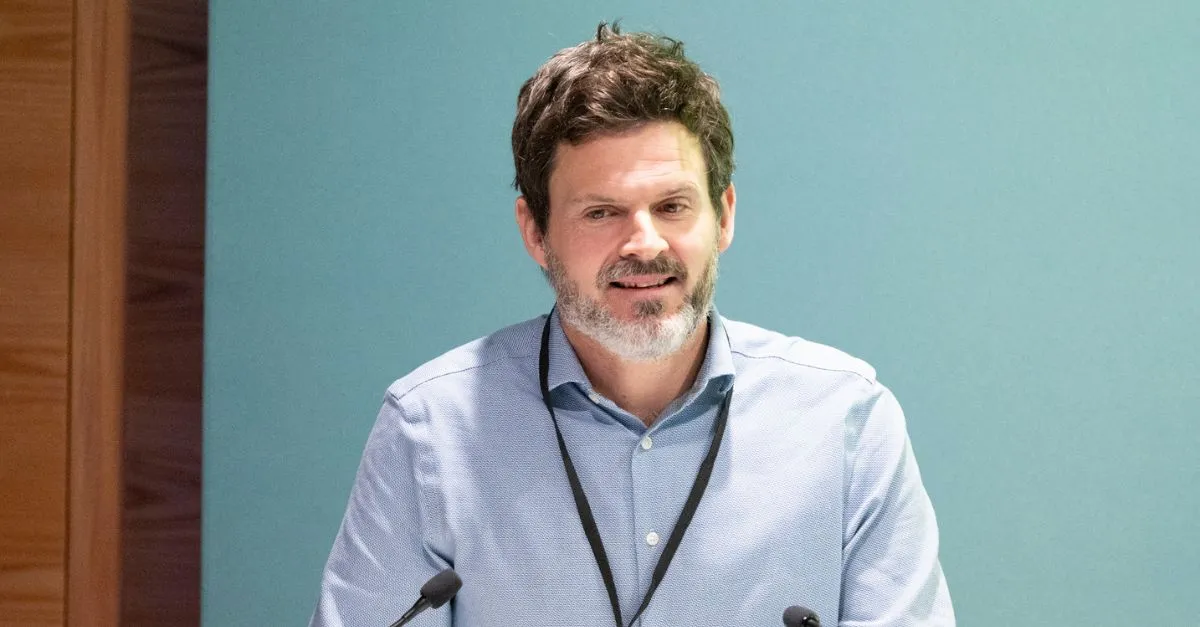You are viewing 2 of your 2 free articles
‘Extraordinary circumstances’ becoming normal due to climate change
The world’s warming climate is increasing the incidence of extreme weather and complicating the assessment of ‘extraordinary circumstances” and cancellation rights under the Package Travel Regulations, according to a leading industry lawyer.
Nick Parkinson, partner at Travlaw, told an International Travel Law Network conference in Prague: “What used to be extraordinary is becoming normal. At what point do we say floods, fires or droughts are ‘extraordinary’ because these things appear to be happening more and more.”
He said: “There was a drought in southern Spain last year. Some clients called up [organisers] before their holiday to ask, ‘Is there water?’” But others “were not aware of the drought and surprised when they arrived” to find a scorched landscape, he said.
“We’ve seen ruined holidays, expectations not matched or clients saying they don’t want to go, [and] tour operators have a duty of care.”
Article 12 of the UK Package Travel Regulations (PTRs) 2018 entitles travellers to a full refund if they terminate a package contract due to “unavoidable and extraordinary circumstances at the place of destination or its immediate vicinity” which significantly affects the package or carriage (travel) to the destination.
This right is based on the EU Package Travel Directive, Article 12, which confers “the right to terminate the package travel contract before the start of the package without paying any termination fee in the event of unavoidable and extraordinary circumstances” at the place of destination or its immediate vicinity.
The same article, also transposed to UK law, gives the organiser the right to terminate and pay a full refund if “prevented from performing the contract because of unavoidable and extraordinary circumstances”.
What constitutes extraordinary circumstances can already be subject to litigation and is changing as the impact of global warming grows.
Parkinson said some court rulings “have made it clearer, others have muddied the water”, adding: “A holiday is either significantly affected or not. The problem is we’re going to see more floods, fire and drought.”
Travlaw senior counsel Stephen Mason noted that what is ‘significant’ to a customer may vary, saying: “Is a package significantly affected if people are not able to have a shower [because of a drought]? Most people would say that is significant, but it doesn’t mean you’re forced to cancel.”
Parkinson said organisers “should inform passengers whenever a situation is developing” and advised: “Don’t assume a consumer wants to cancel.”


















